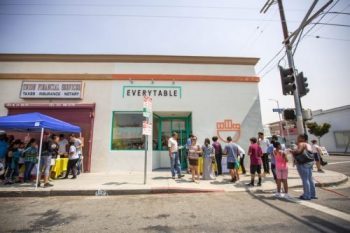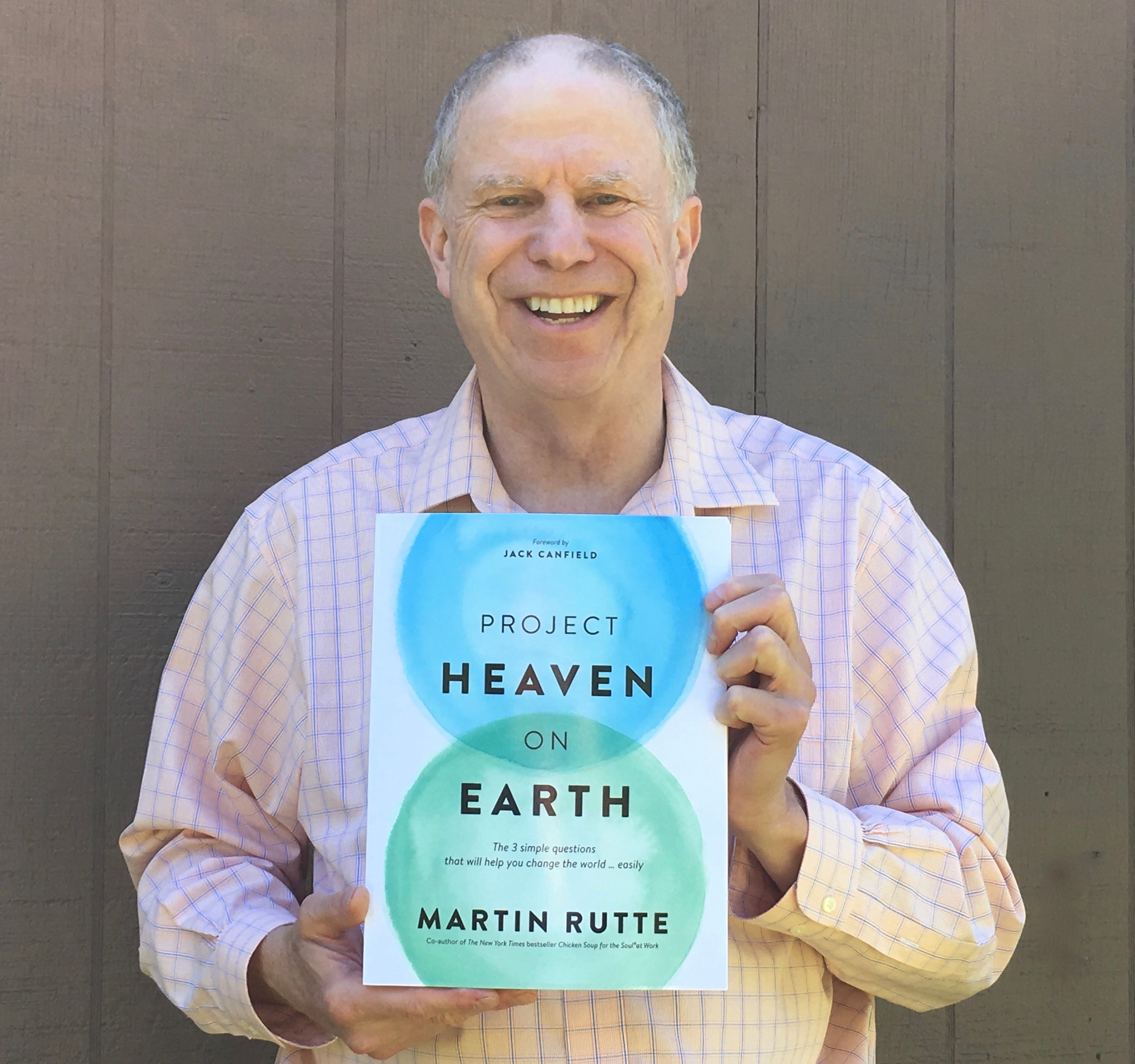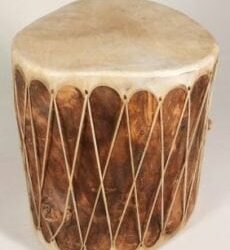Food access: The LA restaurant charging lower prices in poorer areas
May 25, 2020 in Building Community

Fast food restaurants don’t just lure people into eating their unhealthy food because it tastes good. Often enough, fast food is chosen because it’s cheaper than other options. If healthy fast food was the same low cost as McDonald’s, would people keep choosing to eat McDonald’s?
That’s the question that Everytable, a new restaurant in Los Angeles, is asking the public now. The people at Everytable believe that healthy food isn’t a luxury product to be enjoyed by the most affluent, but rather, it is a human right that should be accessible to all. So they came up with a unique business model that enables them to provide cheap healthy food in low-income communities and food deserts.
What is a food desert? Food deserts are geographic areas in which access to groceries is scarce or limited. They’re typically found in low-income areas, disproportionately affecting minority populations. Instead of having access to a grocery store a few miles from home, those living in food deserts may have to travel around 30 miles to find their nearest store. It isn’t just an inconvenience for those living in food deserts; for many, it’s a serious health issue.
Food deserts create an environment in which nutritional choices are stripped away, and those living in them are forced into unhealthy eating habits. Now, Everytable is creating a food oasis amid L.A.’s most desperate food deserts.
To offer healthy fast food at five dollars per meal, Everytable had to reimagine the standard fast-food model. The process began with the kitchen. Instead of each location preparing its own food, all of Everytable’s meals are made in one central kitchen and then distributed across the city. This drastically cuts the cost of opening each new store by up to 75%.
The most radical move Everytable has made is its sliding scale model for pricing. Their healthy fast food meals are priced differently, based on the neighborhood in which they’re sold. For example, a meal that might cost $9 in Beverly Hills costs only $5 in Compton or Watts. This model creates equity in the availability of food and makes scaling possible.
The model that Everytable created has perfectly positioned them to continue to grow, even in the midst of the ongoing pandemic. They recently formed a partnership with the City of Los Angeles to ensure that vulnerable groups, like seniors and the homeless, stay fed while the shelter-in-place order remains in effect.
Because of these changes, they’ve gone from selling 30,000 meals per week before the pandemic to 150,000 meals per week. They’re also hiring 10 new employees per day and have added a kitchen that’s four times bigger than their original one to account for the increase in business.
The demand for healthy fast-food is growing, and Everytable is well prepared to meet that demand.
Please share this blog with one or two people


 Martin Rutte
Martin Rutte




